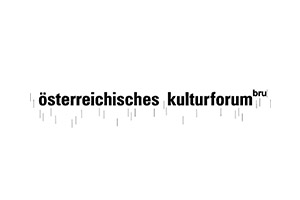Find a poet
Latest updates
-
TRANSPOESIE 2025
09/24/2025 -
Transpoesie 2025 - Programme
09/24/2025 -
Transpoesie 2025 - Open Call
04/16/2025
Erich FRIED
Erich Fried (1921-1988), born in Vienna, was an Austrian poet, essayist and translator, known for his political-minded work. In 1938, as the son of Jewish parents, he fled National Socialism to England, where his literary work started. Besides working as a broadcaster for the BBC, he published a great number of short prose and poems, among them the famous volume of love poems“Liebesgedichte” in 1979 and “It is what it is” (“Es ist was es ist”) in 1983. Despite criticism for his liberal political views, he was widely acclaimed by the literary scene, receiving several prizes and awards, e.g. the Georg Büchner Prize. With his at the same time philosophical and touching poetry, Erich Fried influenced literature in the European postwar era and remains an important literary figure up to today.
Erich Fried (1921-1988), geboren in Wien, war ein österreichischer Dichter, Übersetzer und Essayist, der sich in seinem Werk vorrangig mit politischen Themen auseinandersetzte. 1938 floh er als Sohn jüdischer Eltern vor den Nationalsozialisten nach England, wo seine literarische Tätigkeit ihren Anfang nahm. Fried, der mehrere Jahre als Kommentator der BBC tätig war, verfasste eine Vielzahl von Gedichten und Kurzprosatexten, darunter die Sammlung „Liebesgedichte“ (1979) und „Es ist was es ist“ im Jahr 1983. Seine liberalen politischen Ansichten brachten ihm mehrmals Kritik ein, unumstritten war jedoch die literarische Bedeutung des Autors. Zahlreiche Auszeichnungen, darunter der Georg Büchner Preis, bestätigen dies. Frieds gleichzeitig philosophische wie berührende Dichtung etablierte den Schriftsteller nicht nur als bedeutende Figur der europäischen Nachkriegsliteratur, sondern hat bis heute weder an Aktualität noch Schönheit eingebüßt.
Erich Fried (1921-1988), était un poète autrichien d’origine viennoise, également essayiste et traducteur, connu pour son œuvre à tendance politique. Né de parents juifs, Erich Fried fuit le national-socialisme en 1938 et s’établit en Angleterre, où sa carrière littéraire prend son essor. Parallèlement à son activité d’animateur à la BBC, Fried publie un grand nombre de nouvelles et de poèmes, dont le fameux recueil intitulé « Liebesgedichte » (« Poèmes d’amour ») en 1979 et « Es ist was es ist » (« C’est ce que c’est ») en 1983. Malgré les critiques visant ses opinions politiques libérales, il fut largement acclamé par la scène littéraire et reçu plusieurs prix et récompenses, notamment le Prix Georg Büchner. Grâce à sa poésie à la fois philosophique et émouvante, Erich Fried influença la littérature européenne d’après-guerre et demeure aujourd’hui encore une figure majeure de la littérature.





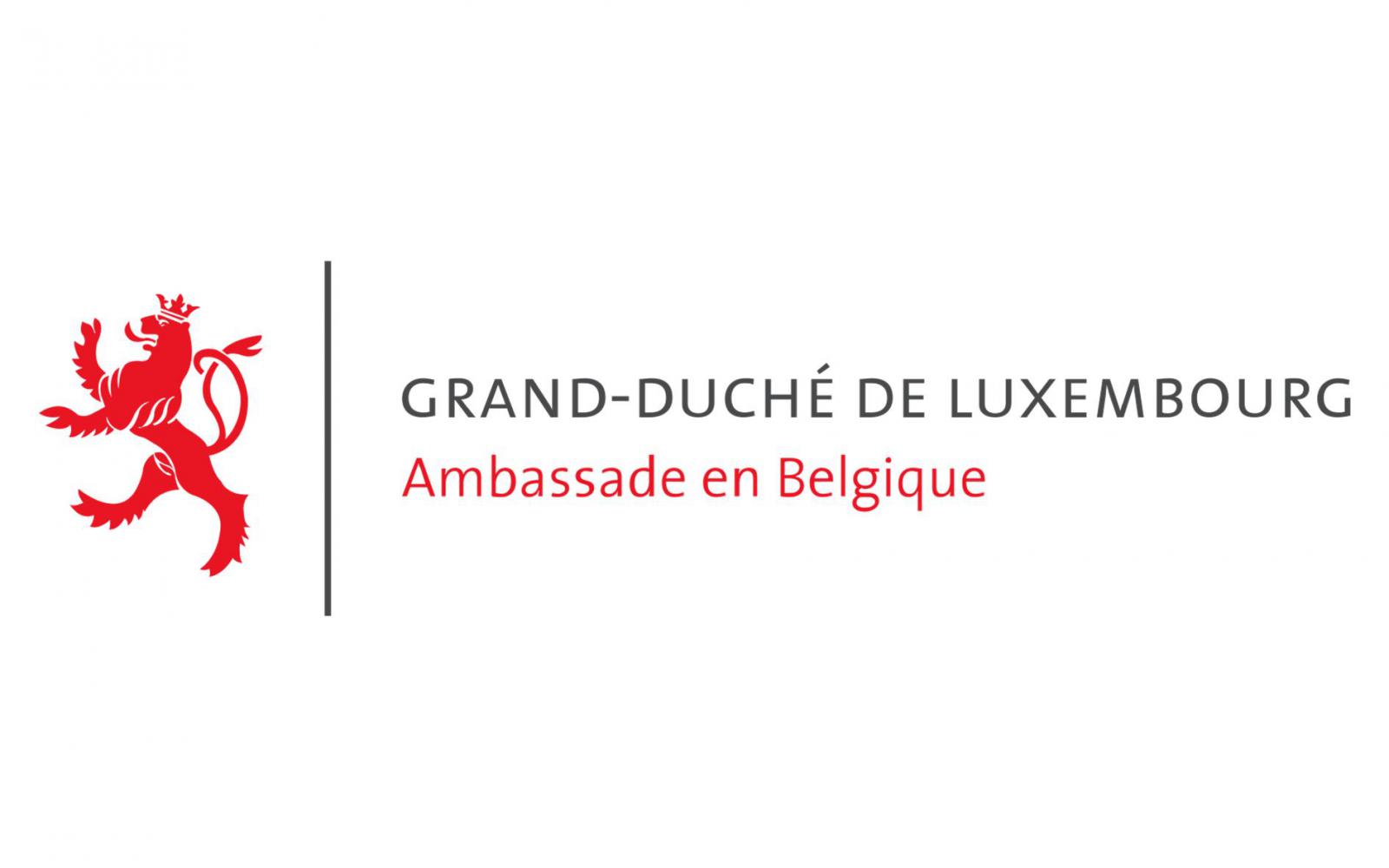
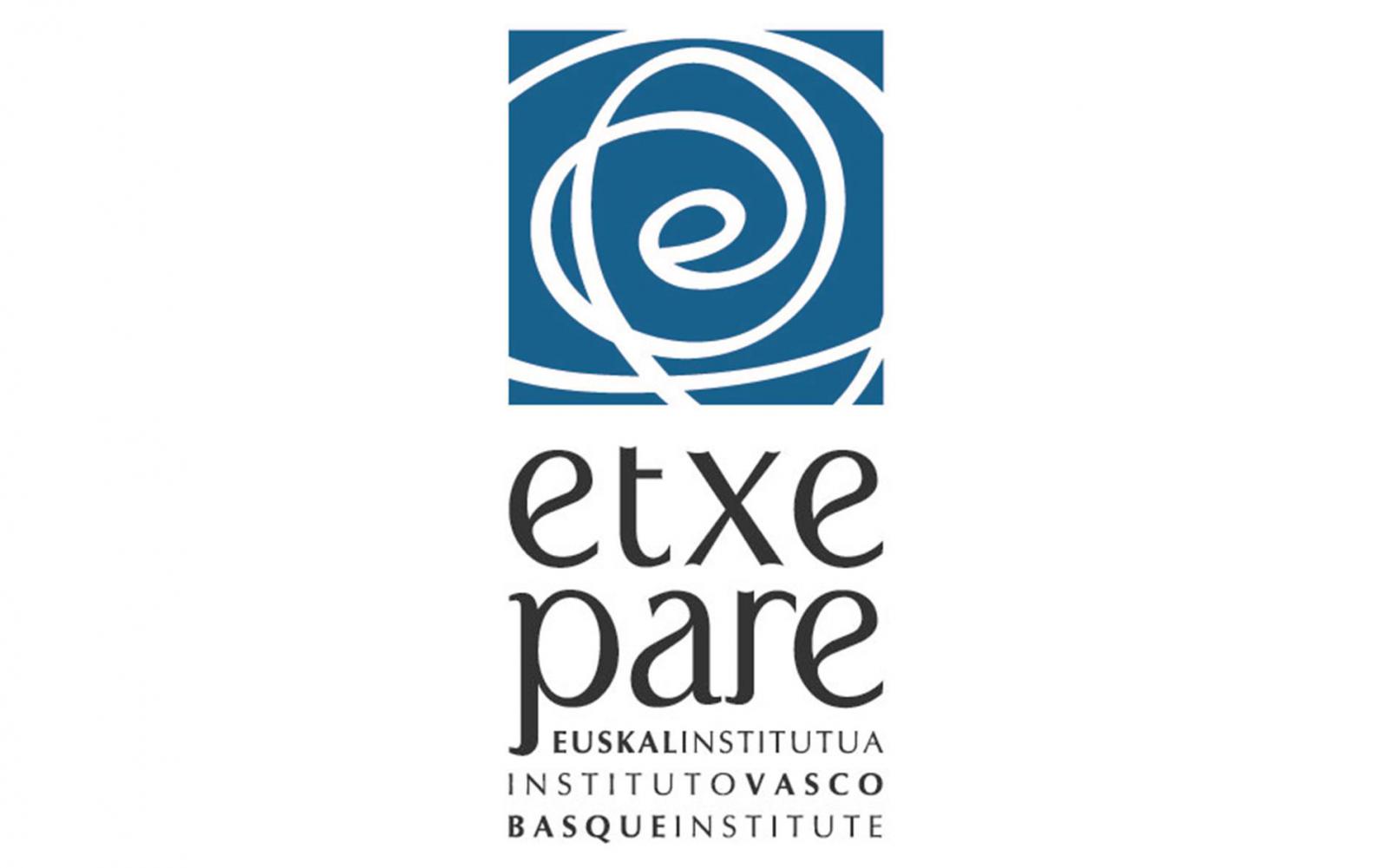


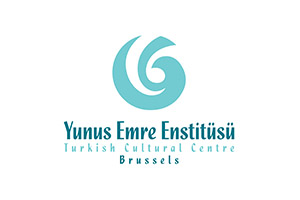
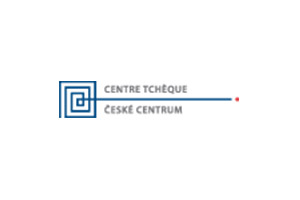
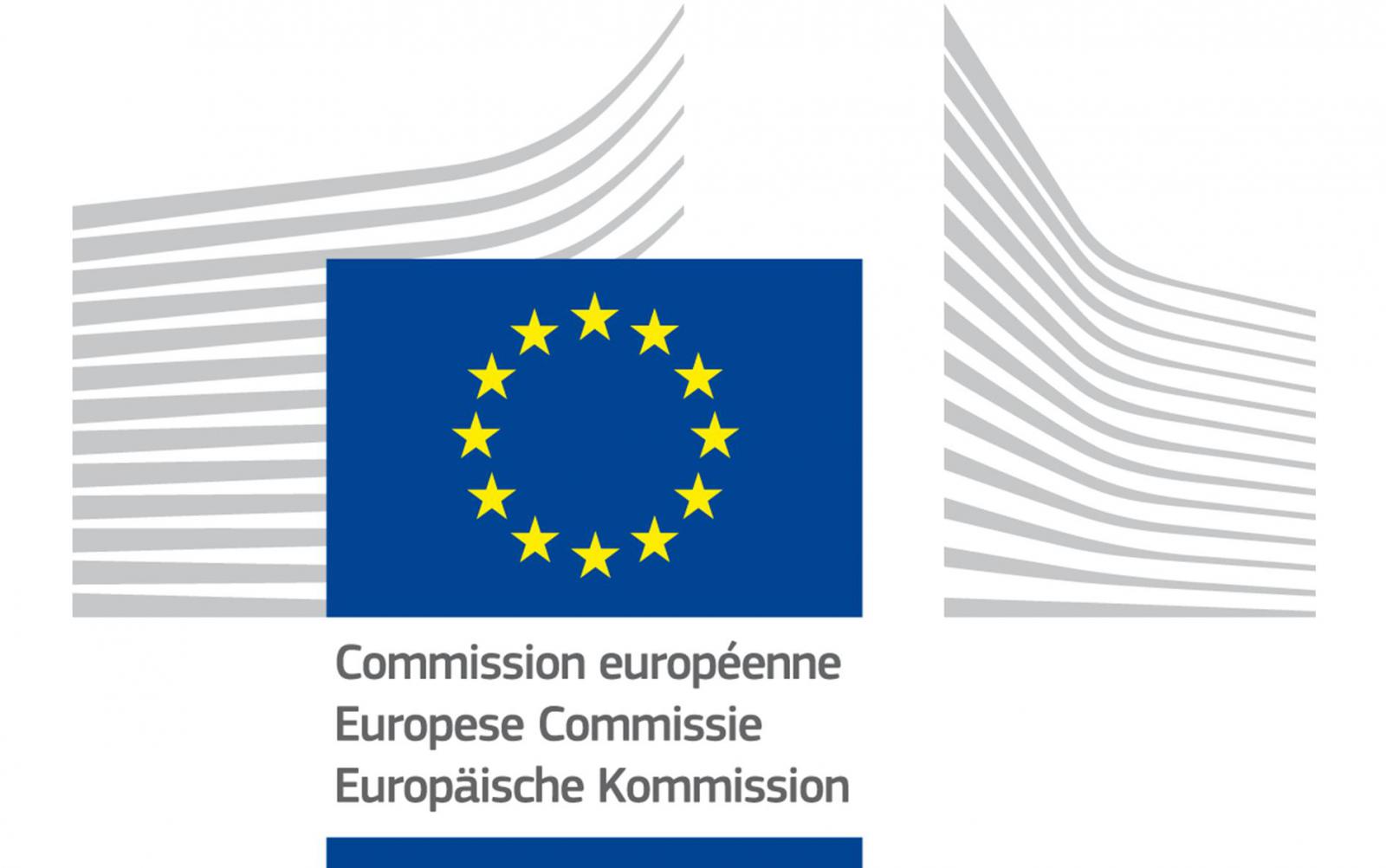

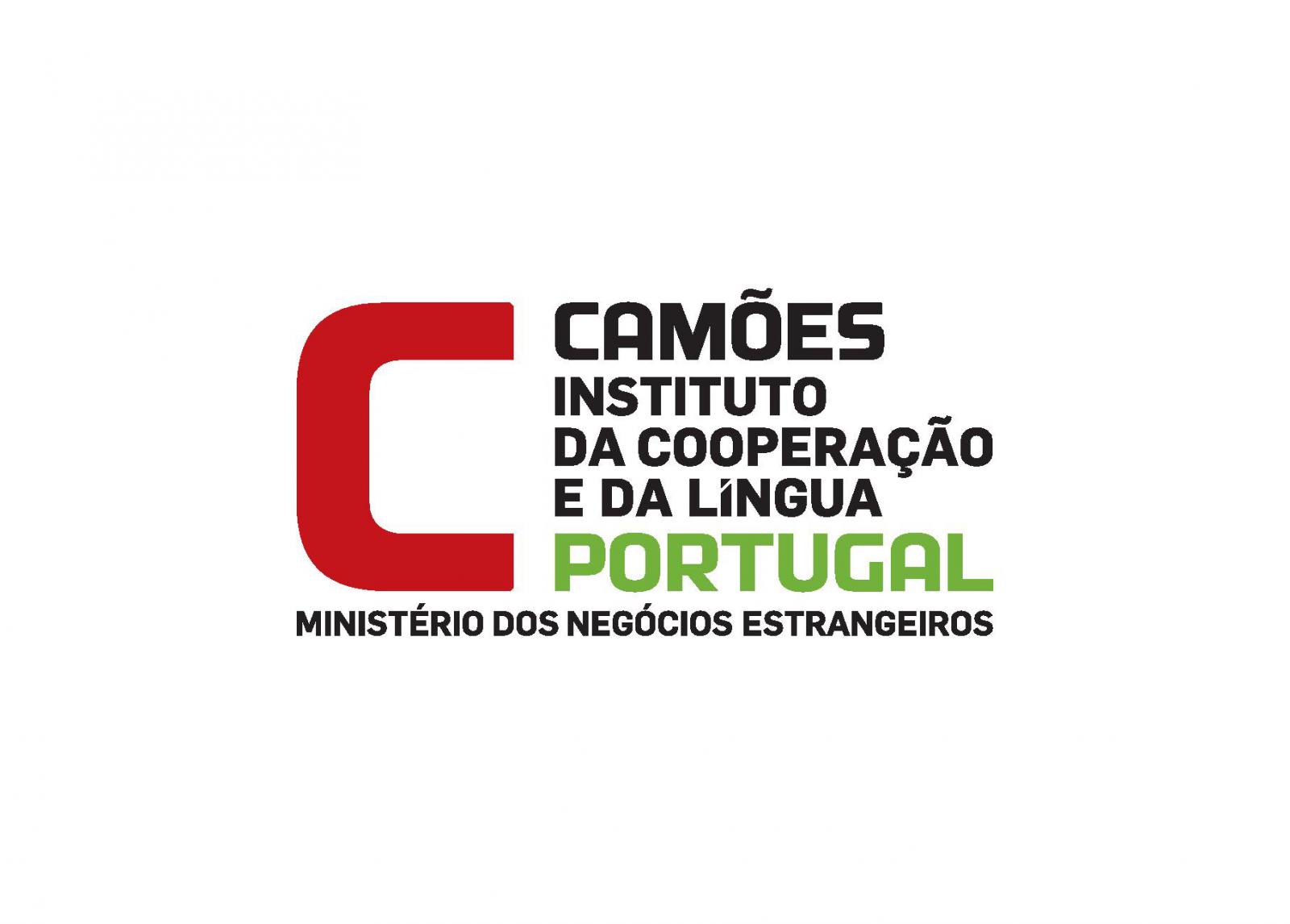
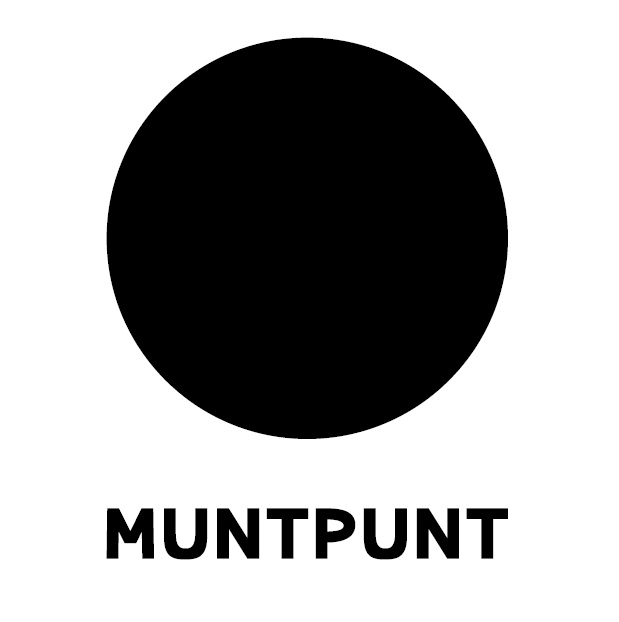
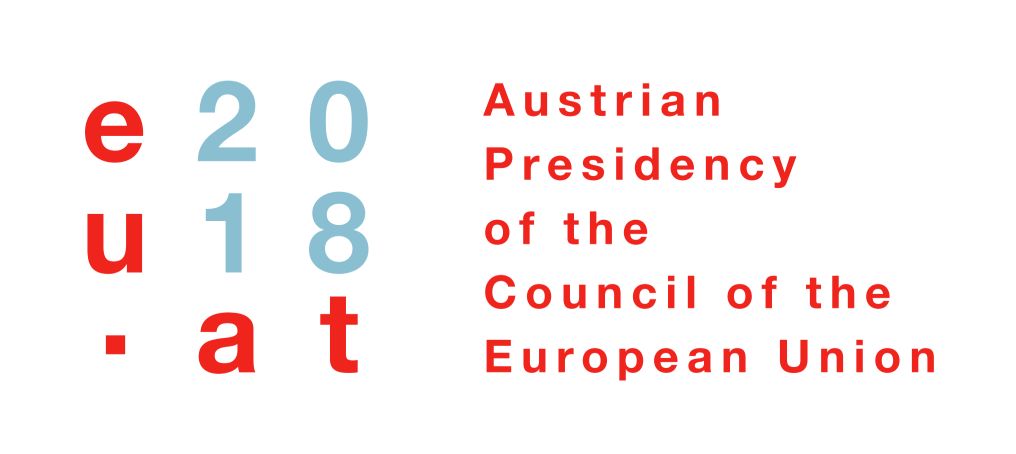
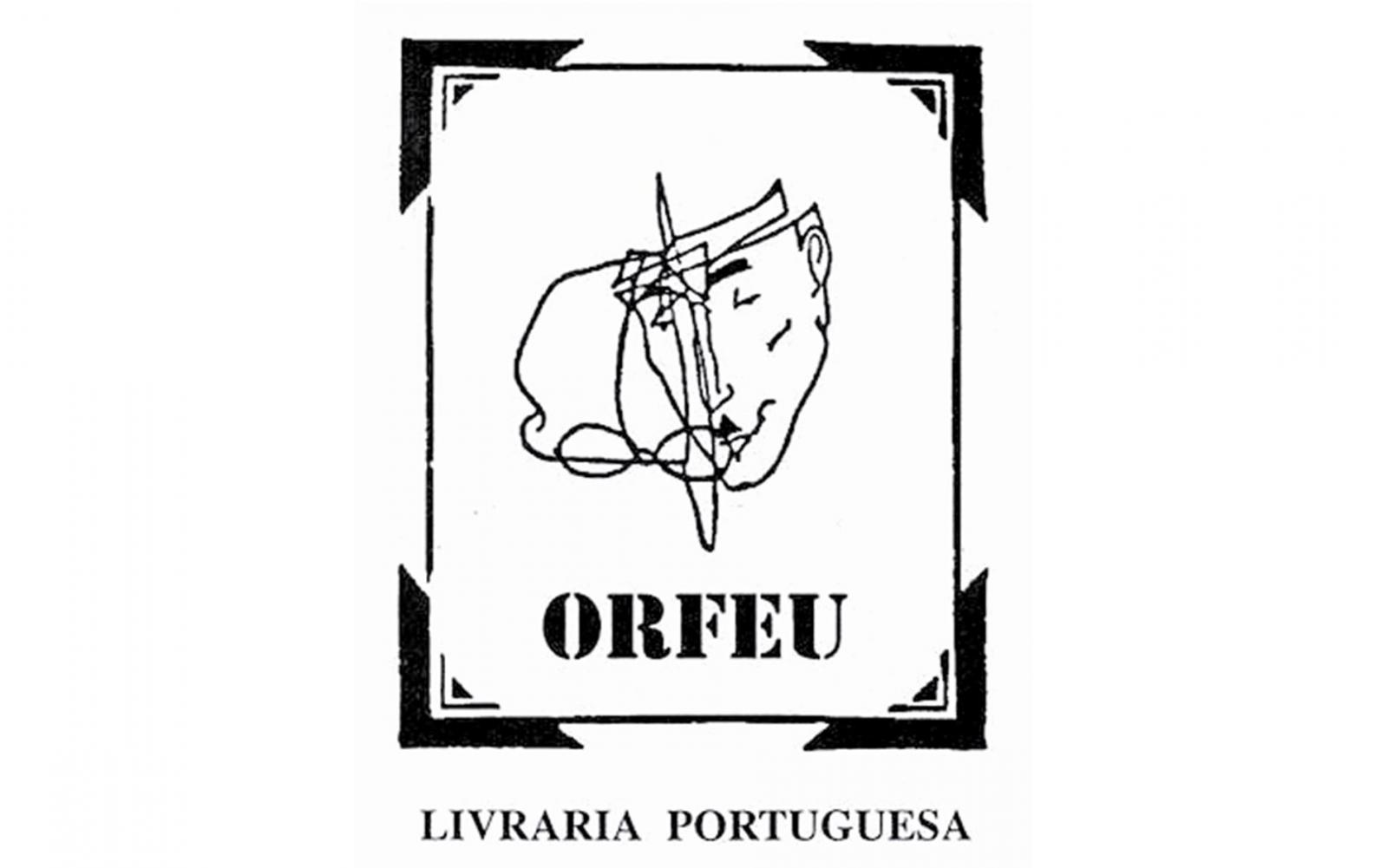
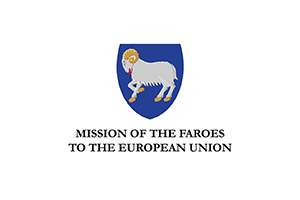
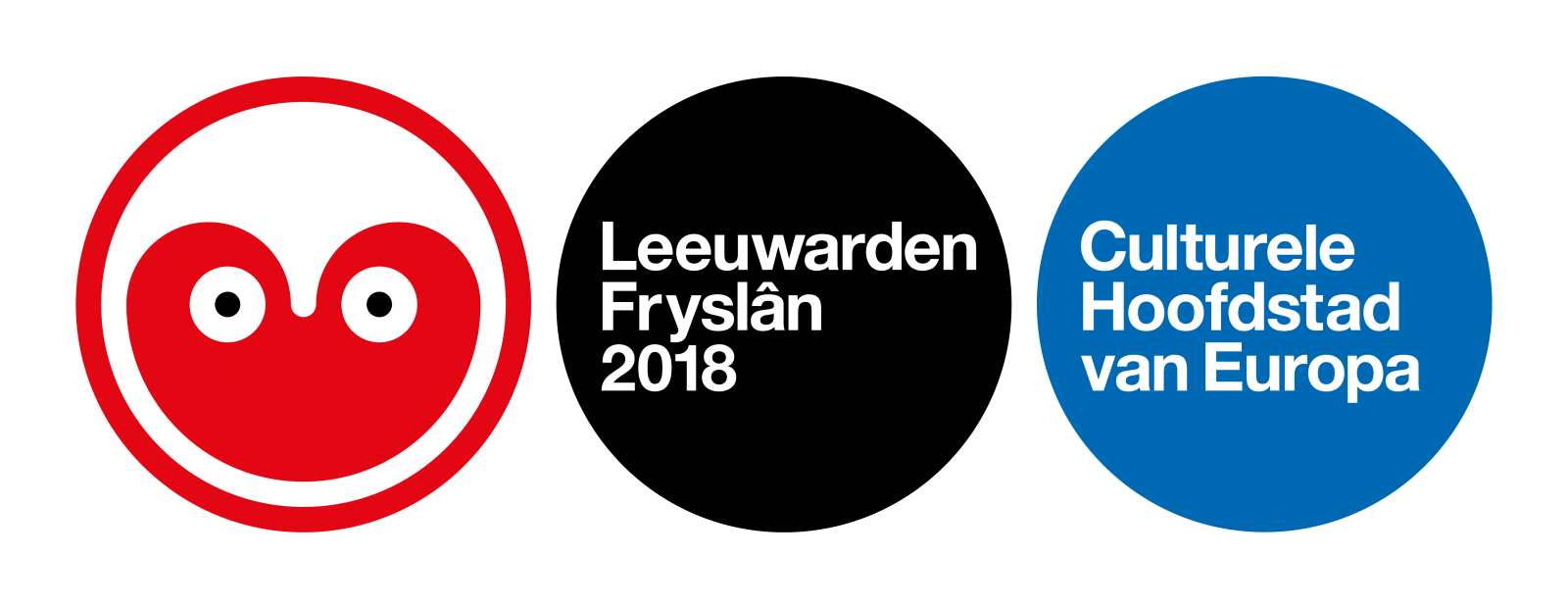

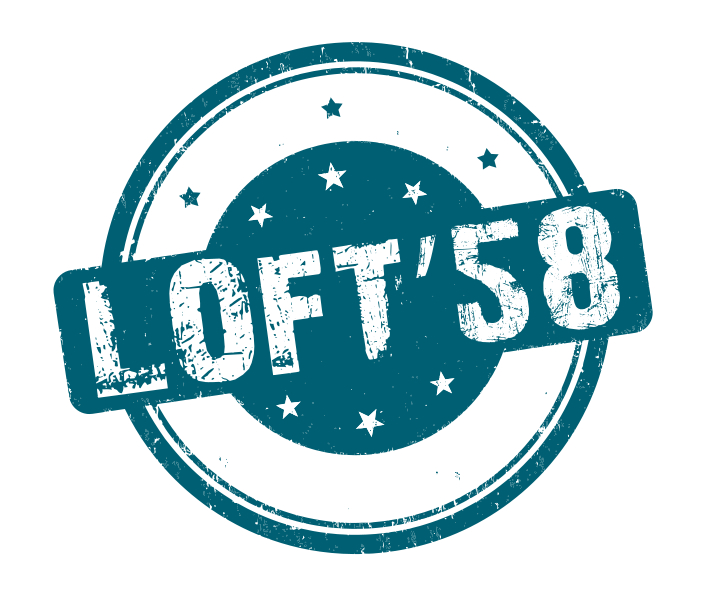

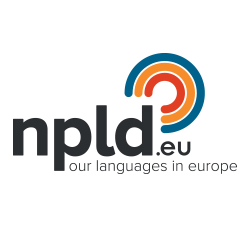
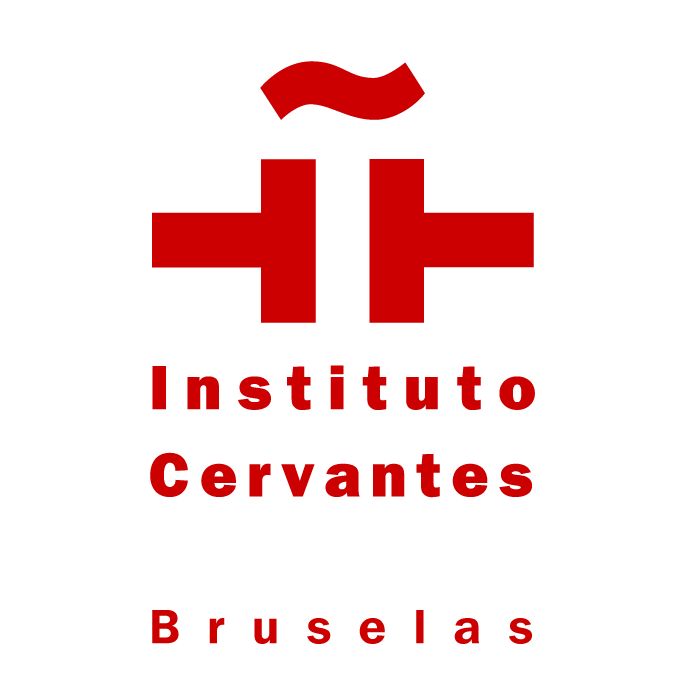
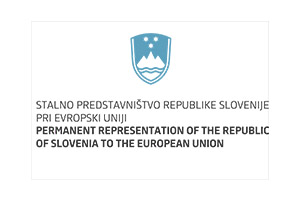

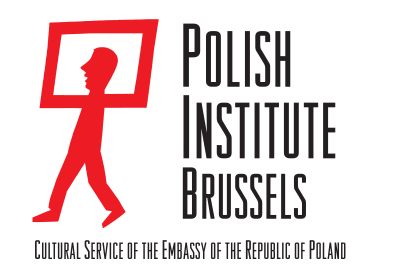
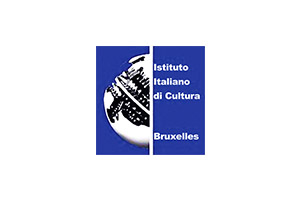
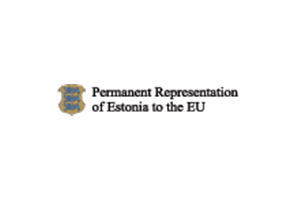
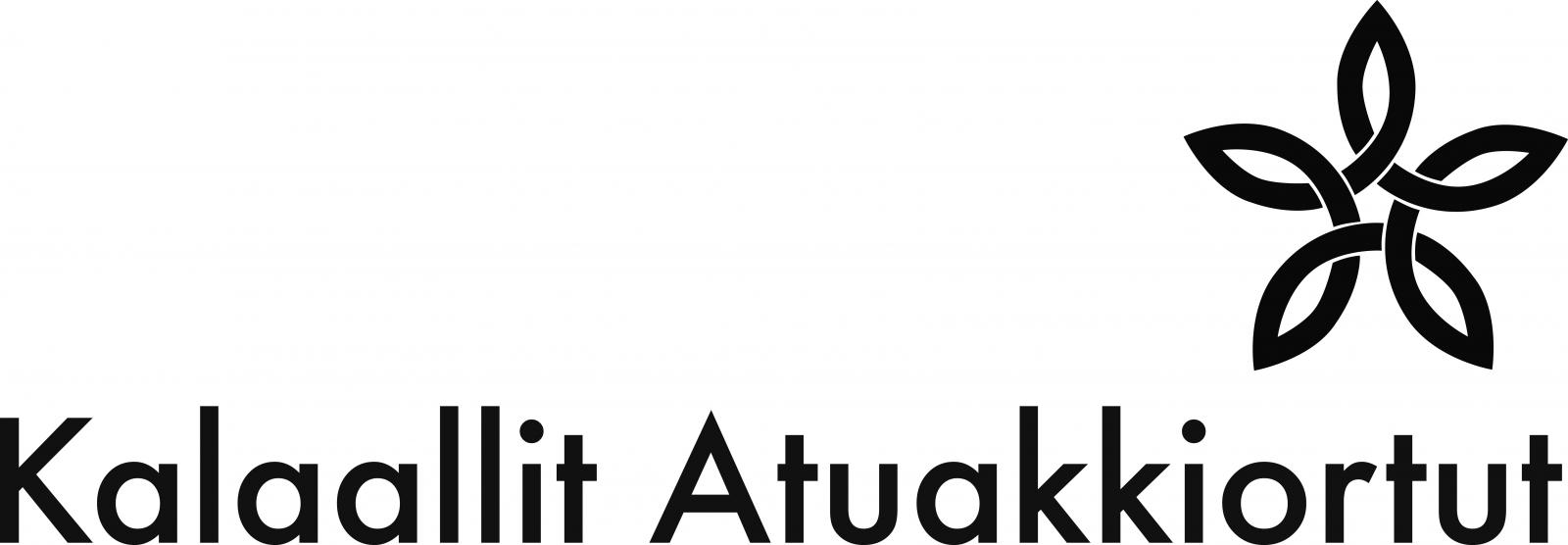
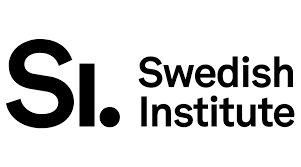

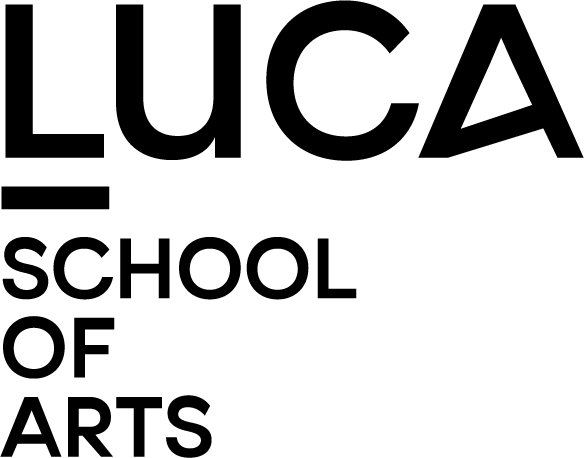



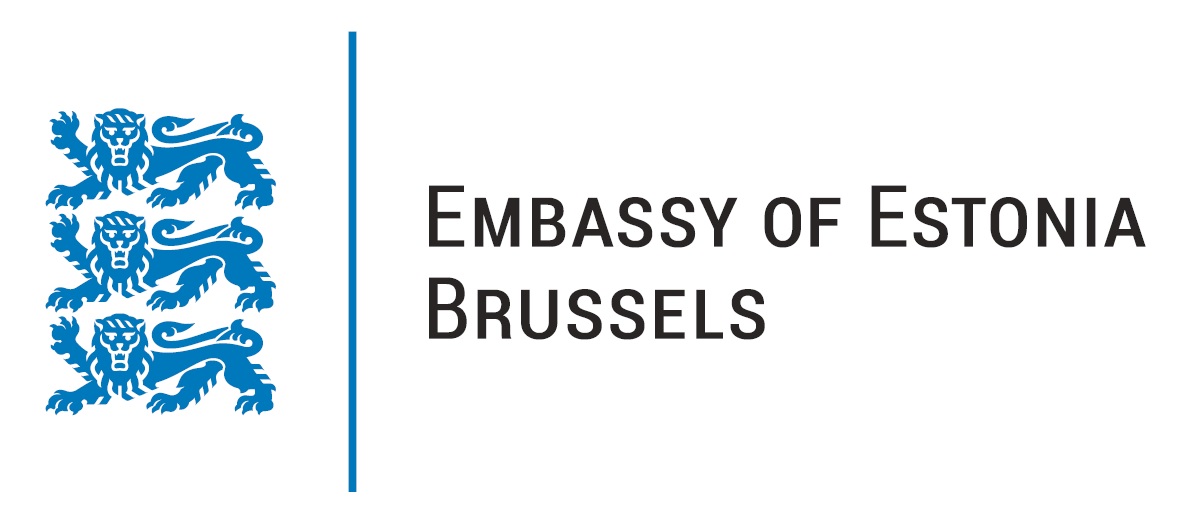

/RO - on the website.png)
